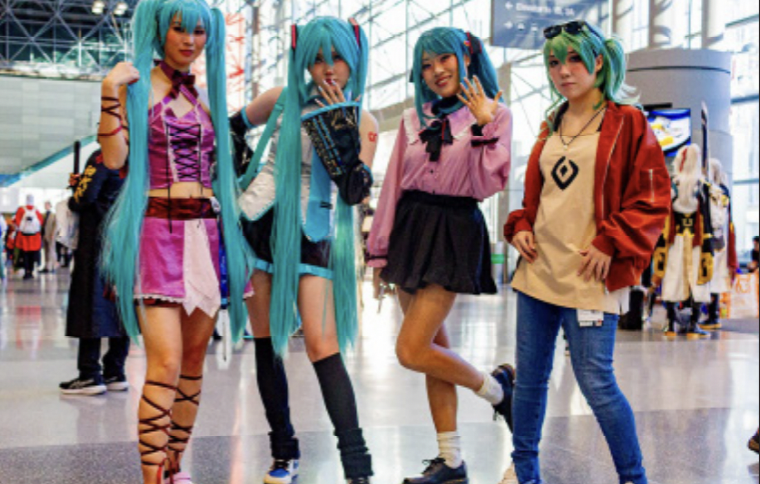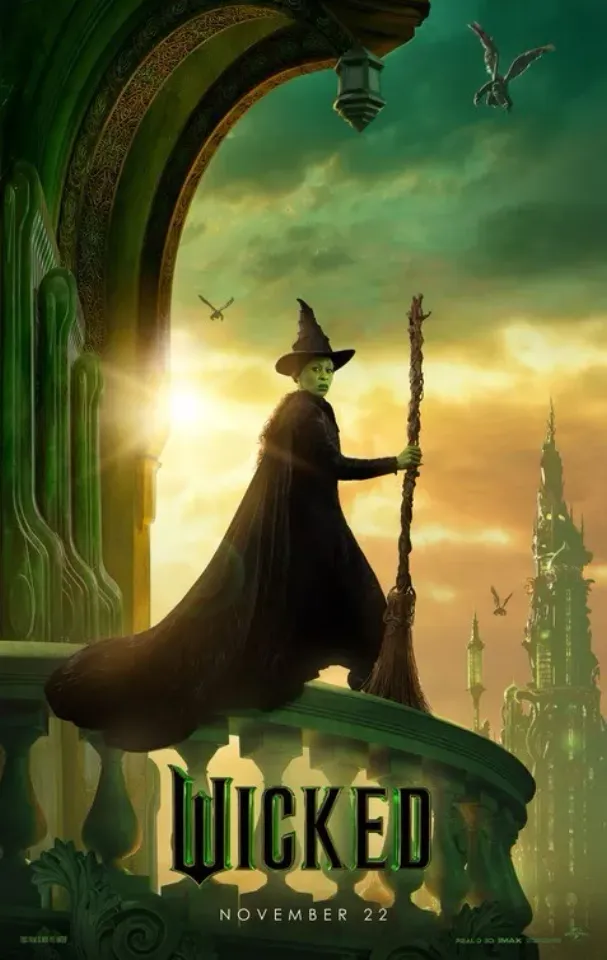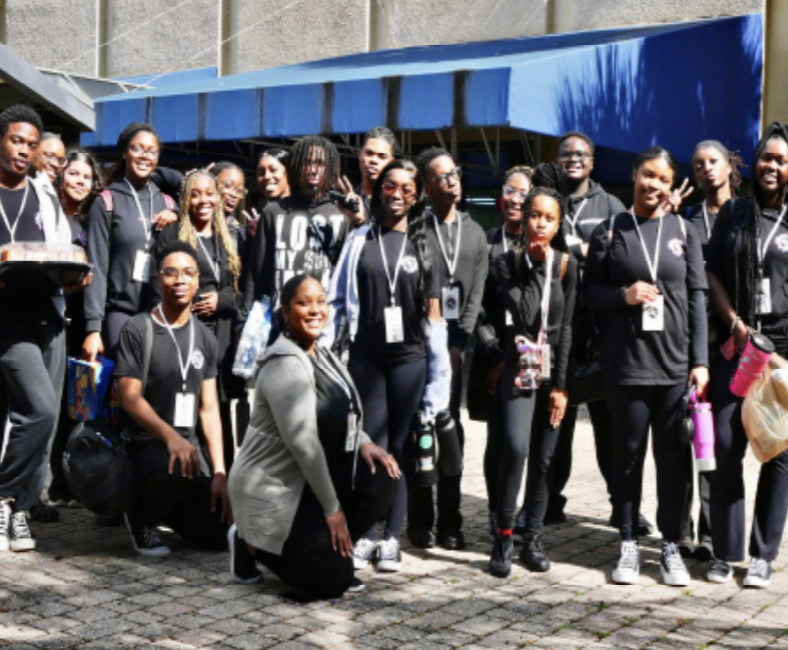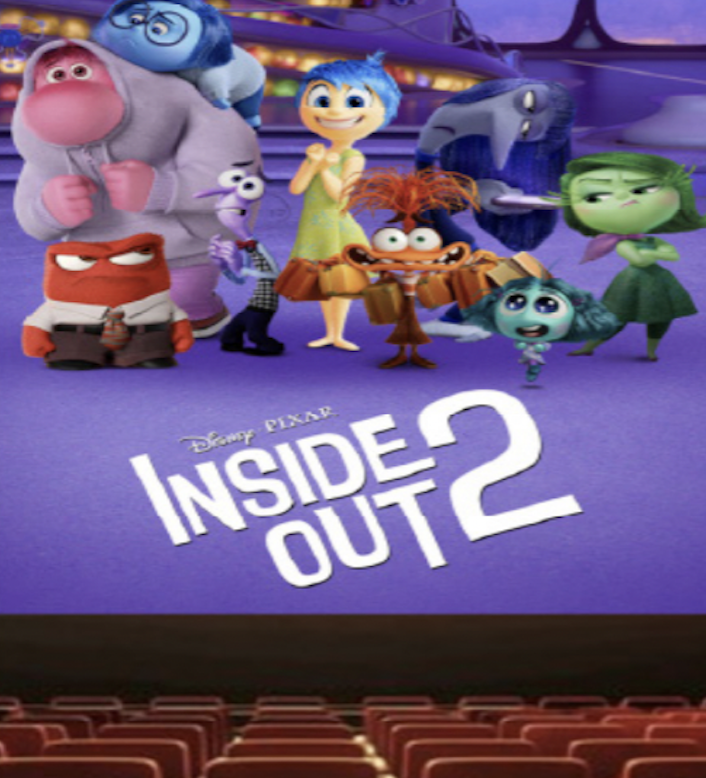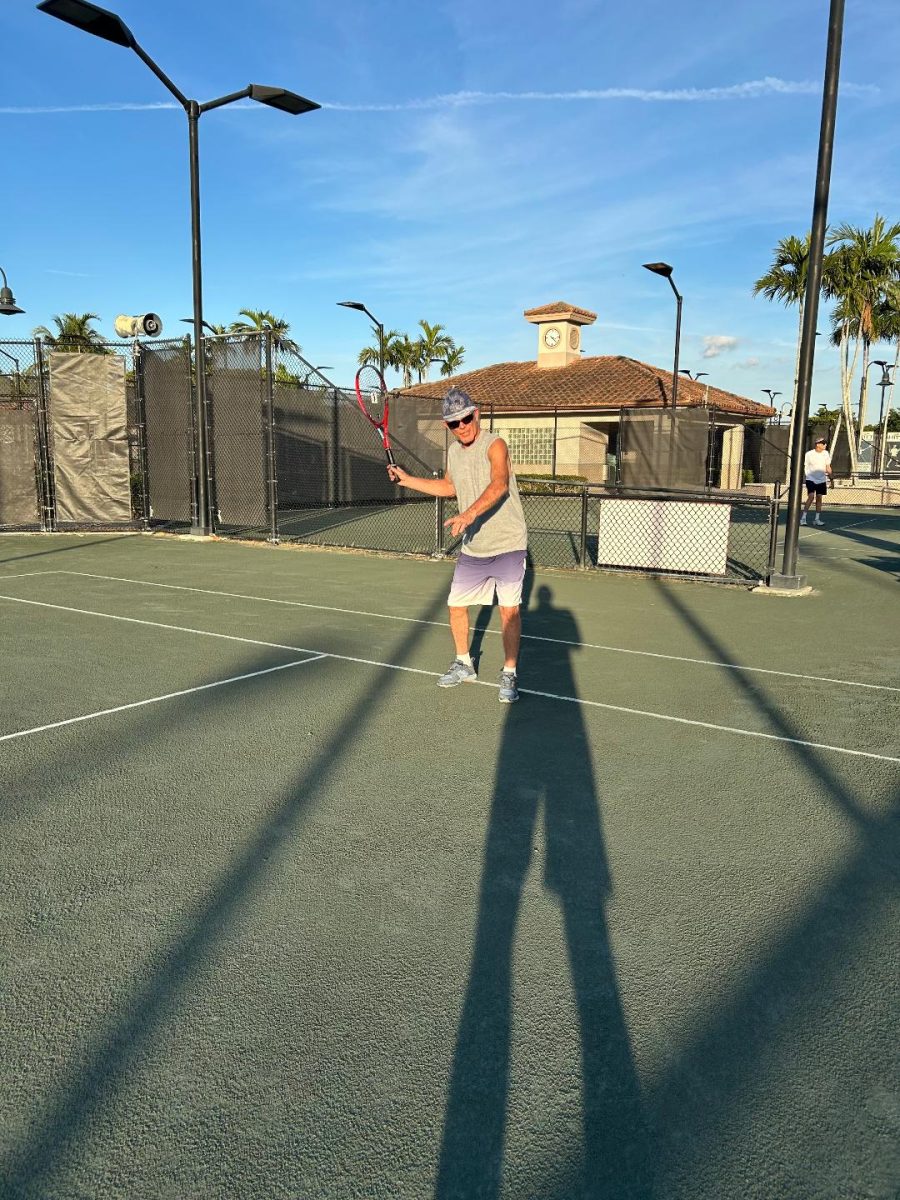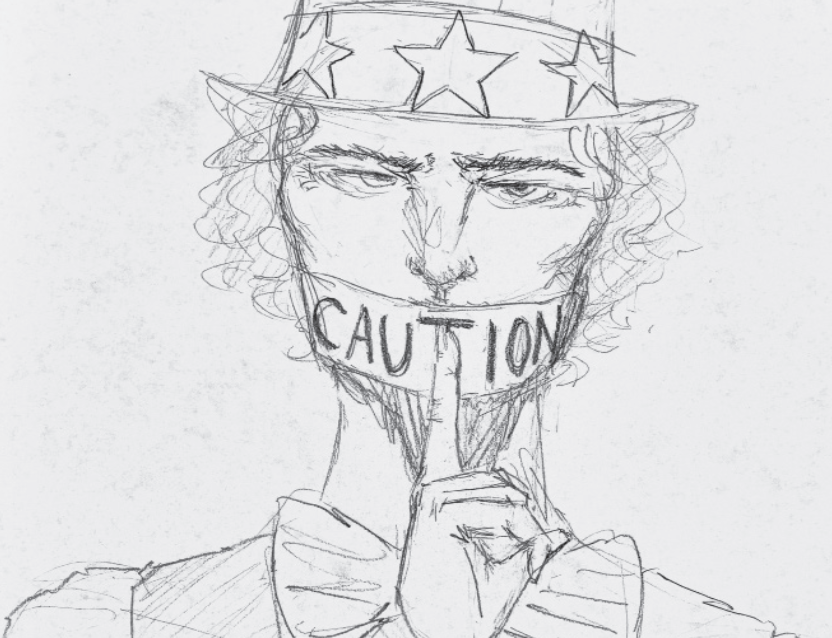You’re eager to view your favorite comedian in his new comedy show, but you leave disappointed because the comedian was holding back in fear of being canceled. This self-censorship is recognizable across different spheres and is dangerous to a society of free speech.
By not saying anything offensive, we are being respectful, empathetic and inclusive. This sounds great, right?
No. We are the generation of fear. The concept of watching what we do or say to avoid offending certain groups of people is termed “political correctness” and it’s killing free speech – the first promise guaranteed to us by the Bill of Rights.
Referring to comedy, jokes and comedic expressions can be understood by anyone, which is why they work greatly to close the gap between different cultures, fostering a sense of unity and ending tension. However, comedians may be scared of humorizing controversial issues out of fear of being called politically incorrect. This limitation is censoring comedians.
In an interview with Bill Maher, comedian John Cleese explains how he couldn’t make jokes about Mexicans because it is offensive.
“You make jokes about Swedes, Germans, French, English, Canadians and Americans, why can’t we make jokes about Mexicans?” Cleese said. “Is it because they’re so feeble that they can’t look after themselves? It’s very condescending there.”
Furthermore, those who use politically correct terms are usually not a part of the minority group they are defending. This makes it seem as if minorities cannot navigate contentious issues independently. How can minorities be respected if it is suggested they need to be defended?
“It can be misinterpreted as someone having a savior complex other than just trying to do the right thing,” senior Paris Mckinney said.
This doesn’t just affect comedians. Other creative fields such as art, photography and literature may see a decline in varying artistic expressions, out of fear of being bombarded with condemnation for expressive pieces that may be interpreted as offensive or insulting to certain groups.
For example, in 2018, The Manchester Art Gallery took down the painting “Hylas and the Nymphs,” which depicts Hylas, a young male, reaching toward seven young naked women in a pond. According to the curator, Clare Gannaway, “the decision was influenced by recent movements against the objectification and exploitation of women.”
Additionally, many ordinary people may be fearful of voicing their opinions on contentious issues, censoring themselves so they don’t face public backlash or disapproval. Opinions are needed for more understanding and effective ways of finding solutions. People are afraid of being labeled offensive, racist, homophobic, etc if they stand up against what they think to be absurd with honesty.
Those for political correctness argue that it allows for respect by creating inclusive terms. However, the usage of “inclusive” terms like “person of color” and “people with health conditions or impairments” creates offense where none existed because they imply that not using them will make you offensive. It is highly unlikely someone saying “black person” or “disabled person” is trying to be offensive.
We should aim to promote the idea of respectful conversations over real issues to rid this fear individuals face when expressing opinions. By encouraging the expansion of expressive and understandable art like comedy, we are connecting cultures and raising a sense of community, especially by exploring contentious issues.
If I was assigned not to include anything “offensive,” I wouldn’t be able to talk about anything. The ability to claim to be offended by the expression of an opinion is a danger to a free society of intercommunication and growth.














